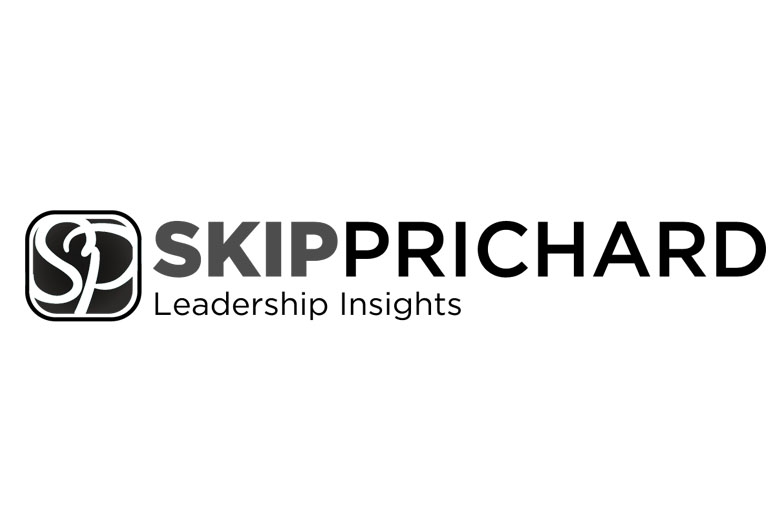Sophie McLean is a woman of many specialties. In her latest endeavor, she is speaking, consulting, writing and teaching courses and online seminars within the framework of Access to Awareness.
Sophie is using philosophical and spiritual concepts to help leaders effectively make a difference in the world. She does this by helping them develop a clear understanding of what it means to be human. In the latest episode of the Fueling Deals podcast, Sophie joins us to talk about the work she is doing now. She also explains how the concepts of awareness and self-discovery tie into everything in our lives—including deals.
A New Culture for Human Kind: Access to Awareness
For the last eight years, Sophie has withdrawn herself from the world and embarked on a spiritual quest. It reignited her passion for teaching and drove her to pursue the ultimate goal of developing a new culture for humankind. That notion is the driving force behind her company, Access to Awareness. Sophie works to educate people on what is possible with awareness and what it means to shift from surviving, to being alive. So many people are going through the motions in their lives. But with the right guidance, we can begin to see the extent of the possibilities and do something about it. And it all starts with awareness.
The Purpose of Money
In dealmaking, survival is a scarcity mindset. You operate from a place of fear because survival is about reacting to danger. But when you go into a negotiation with that mentality, you can’t work within the fundamental framework of dealmaking. This means you end up negotiating from a position of weakness.
Being alive is synonymous with an abundance mindset, and awareness is the key to getting there. We need to understand our relationship to money, because if we can align the purpose of money with the purpose of our lives, we will access a state of abundance naturally.
Corey Kupfer is an expert strategist, negotiator and dealmaker. He has more than 35 years of professional deal-making and negotiating experience. Corey is a successful entrepreneur, attorney, consultant, author and professional speaker who is passionate about deal-driven growth. He is also the creator and host of the DealQuest Podcast.
If you want to find out how deal-ready you are, take the Deal- Ready Assessment today!







